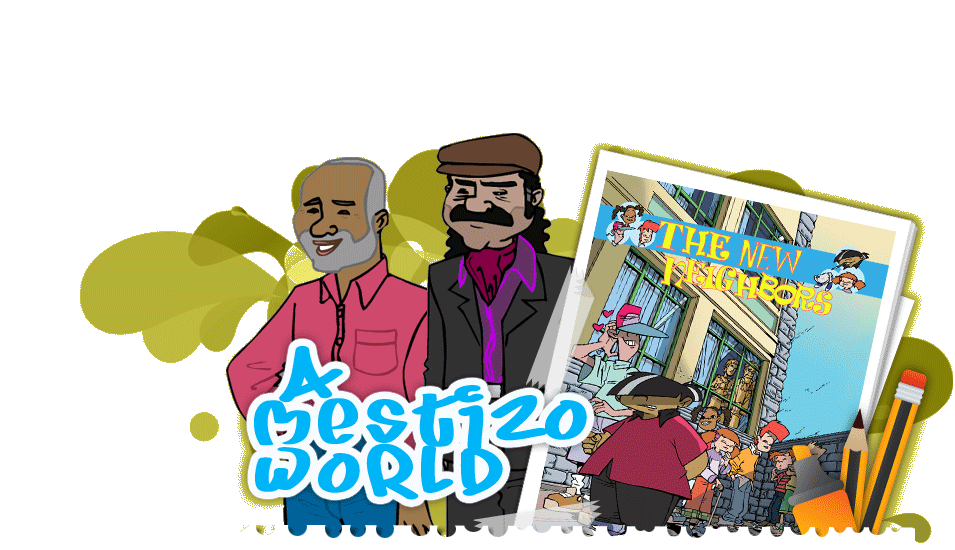 |
|
 |
 We always hear that the world is highly diverse. We hear about globalisation, coexistence between cultures... But what's all that? How do we perceive it in our day-to-day lives? In this teaching sequence we are going to bring all these concepts down to earth and try to give them a meaning closer to our lives. It is a fact that our society is made up of people from different cultures, but now we know we are going to learn something of these cultures. There are probably many elements that captivate your attention. |


 CULTUREBefore assessing something, we first need to know that it exists and what it is. With that information we can then form an opinion. We are therefore going to do some research on some cultures. But wait... does anyone know what culture is? Looks like we'll have to catch up on this. In groups of no more than 5, answer the following questions:
Make use of the information provided in the Resources section. Write the answers in www.google.com/docs
CULTURES FROM HERE AND THERENow we know what culture is and that there are many different cultures in the world. Each individual lives according to the rules of their country's culture. Let's discover some of these countries and their cultures. Organise yourselves into groups and choose one of the following countries to investigate. Make sure that all countries are chosen. We do not want any country left unexplored! You can find information in "Mikel's Book" at the end of the "The New Neighbours" comic and through the links in the Resources section. In each investigation, make sure that you collect the following elements:
Countries and cultures to investigate:
With the information gathered, create a poster with the online application in the Resources section.
SHARING CULTURESWhen all the posters are ready, you have to show them to the others. If your classroom has a blog, each group can post an explanation of how they created the poster, the most important information and display the poster they made. Another way to share the poster is to print it or send it via e-mail it to disseminate it.
INDIVIDUAL REFLECTIONIn no more than 200 words, describe what you have learned about the cultures of other countries.
|




 The following work will be assessed:
The following will be taken into account for this assessment:
|
